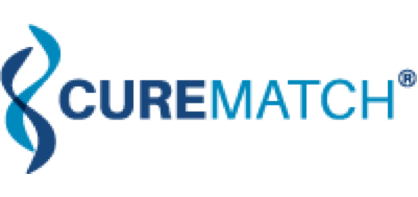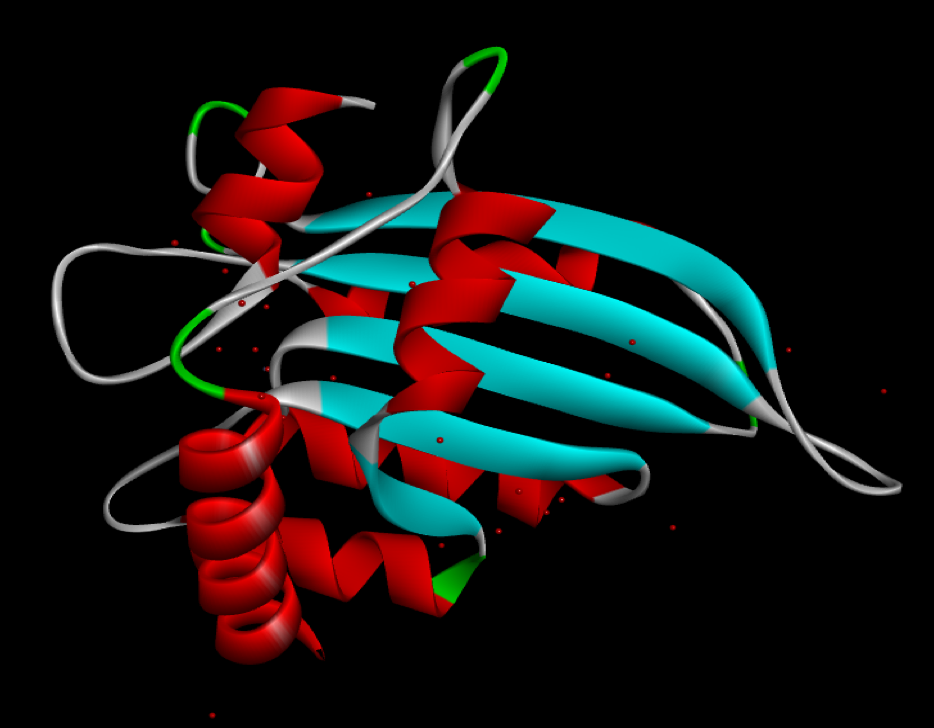CureMatch Announces Publication in OncoImmunology of Data Unveiling a Specific Mutagenesis Process Linked to the Response to Immunotherapy in Cancer
OncoImmunology Publication Validates Need to Determine Specific Subset of Mutations that Elicit Cancer Therapy Response
SAN DIEGO, CA – February 7, 2017 – CureMatch, the developer of a Decision Support System for combination therapy in cancer, today revealed in the peer-reviewed journal OncoImmunology the description of a specific mechanism that can potentially be used for selecting patients predisposed to respond to immunotherapy.
During the last decade, various immunotherapy approaches have shown promising results in patients suffering from cancer. One of the most successful strategies leverages immune checkpoints as “off” switches when bound to their ligand found on antigen-presenting and tumor cells, such as PD-1 and PD-1 ligands. Recent evidence has established a link between the genomic instability of cancer and the response to checkpoint blockade in various tumor types.
Researchers in the study used a set of 8,475 samples, corresponding to 32 different cancer types, and a series of multivariate regression models to explain the overall association between high levels of PD-1 ligand expression and different mutation burden mechanisms. The data confirmed the association previously observed between PD-1 ligand expression and the presence of tumor mutagenesis processes.
Of greater interest, the research highlighted the critical role played by APOBEC enzymes, and their dysfunction.
The study in OncoImmunology shows results demonstrated that the factors that most significantly and independently correlate with PD-L1/2 overexpression relate to APOBEC dysregulation and the resulting kataegis mutational signature; and these factors, in turn, are independently linked to the overall mutation burden.
“It is clear that not all patients with high tumor mutational burden respond to traditional treatment, and it is therefore crucial to determine the specific subset of mutations that elicit an immune reaction,” said Igor Tsigelny, PhD., Co-founder and Chief Technology Officer, CureMatch. “The ability to determine the precise mutations that will respond to a specific combination therapy is the next revolution in cancer care and we are committed to remaining at the forefront for both cancer patients and oncologists.”
The study was performed in collaboration with the Center for Personalized Cancer Therapy at University of California, San Diego. Dr. Amelie Boichard, Dr. Igor Tsigelny, and Dr. Razelle Kurzrock are co-authors on the article. A copy of the article, High Expression of PD-1 Ligands is Associated with Kataegis Mutational Signature and APOBEC3 Alterations, can be downloaded from OncoImmunology website, http://www.tandfonline.com/doi/figure/10.1080/2162402X.2017.1284719.
About CureMatch
CureMatch™, Inc. is a San Diego-based digital health company focused on personalized medicine and combination therapy in oncology. CureMatch’s Decision Support System guides oncologists in the selection of cancer drugs that are customized for individual patients based on their molecular tumor profile. CureMatch enables oncologists to become experts in personalized medicine by providing them with actionable intelligence towards advanced cancer treatment options. For more information visit www.curematch.com.
Media Contact
(858)859-2873
press@curematch.com

